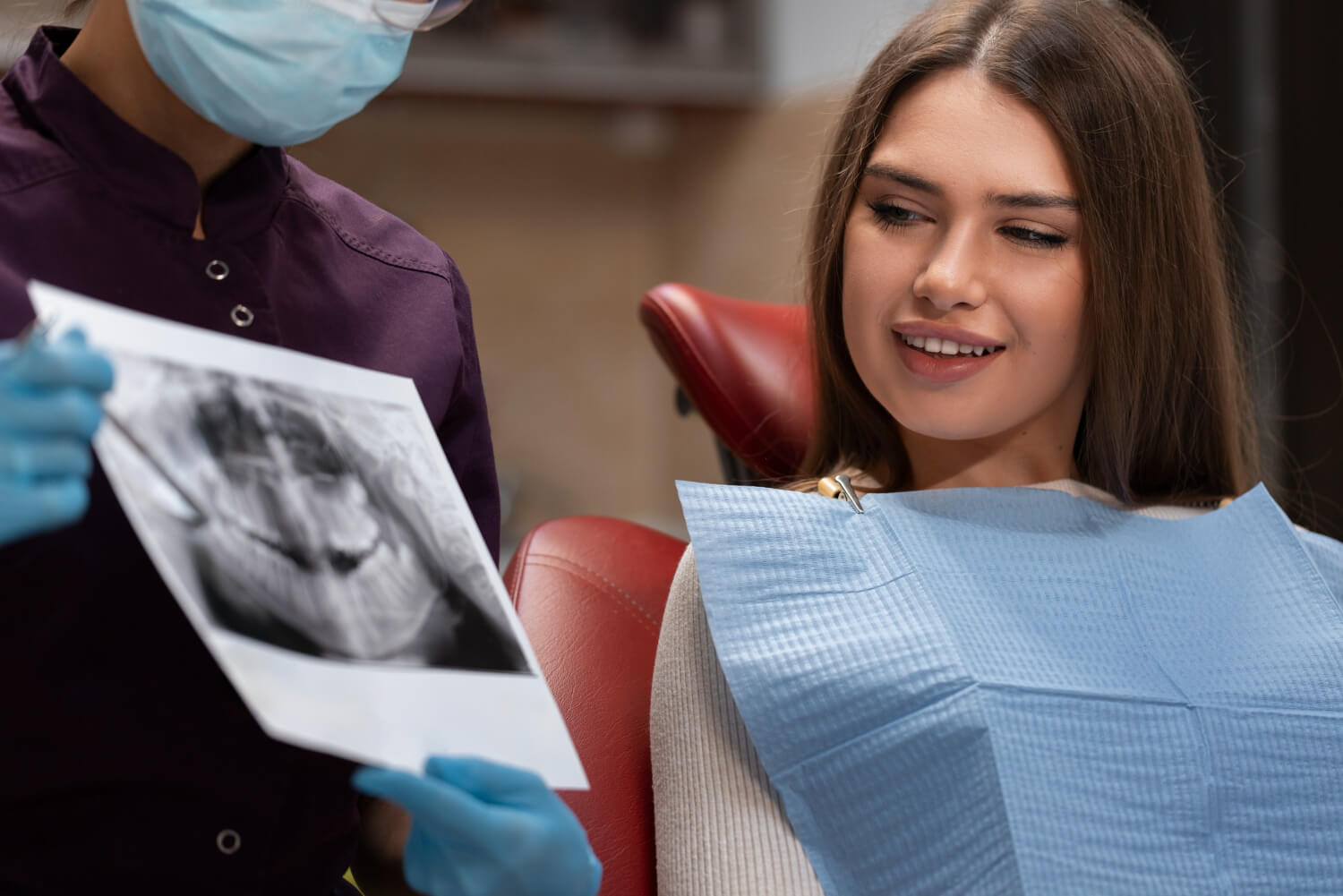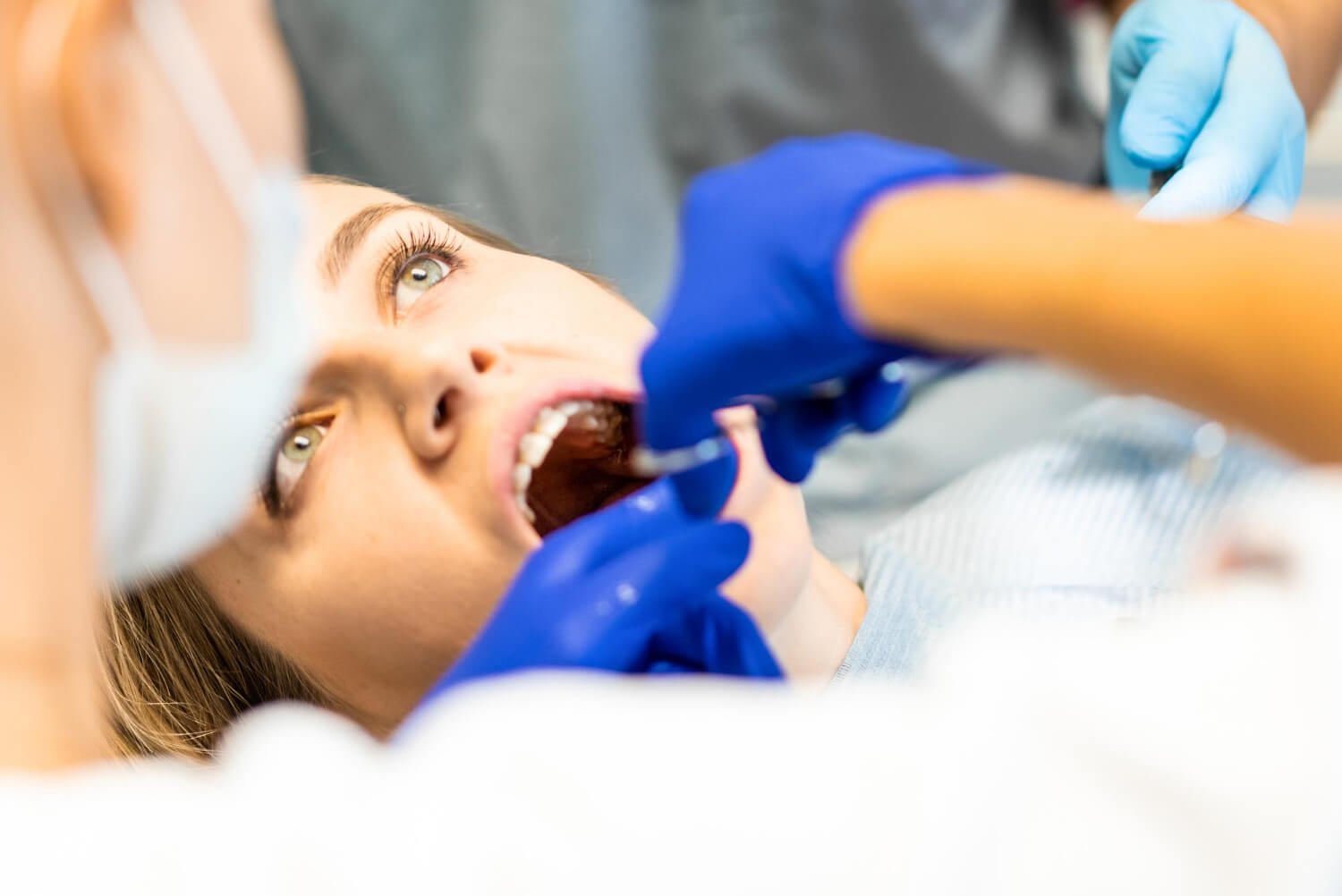
Is Wisdom Tooth Extraction Necessary? A Comprehensive Guide



Your oral health is a vital part of your overall well-being, and decisions about treatments and procedures should always be well-informed. A question that plagues many is whether wisdom tooth extraction is a necessary part of maintaining a healthy mouth. In this comprehensive guide, we will explore the necessity of wisdom tooth extraction, walk you through the signs that might indicate it's time for removal, explain the extraction process, and provide a balanced view on when it might not be essential.
Wisdom teeth, also known as third molars, are the last set of molars to erupt in your mouth. Back in the day when our ancestors had tougher diets that typically involved a lot of heavy chewing, an extra set of molars came in handy. Today, however, with changes in our dietary habits and the way our jaws have evolved, wisdom teeth are not always required for oral function.
Anthropologists believe that our early human ancestors had larger jaws and used them for grinding plant tissue. The modern diet's softer texture and access to tools for food preparation have contributed to the evolutionary trend of a smaller jaw size which generally cannot accommodate the extra set of molars.
One of the most common reasons people consider wisdom tooth extraction is the pain they cause. This is often a result of the teeth erupting at an angle, which can press against other teeth and the surrounding gums, leading to pain and discomfort.
Partial eruption of wisdom teeth can create an opening where bacteria can enter, causing infection. Symptoms of infection include red, swollen, or bleeding gums, difficulty opening your mouth, a bad taste, or an odorous breath that won't go away.
Impacted or misaligned wisdom teeth can cause damage to adjacent teeth. They can lead to crowding, which is when other teeth are pushed out of alignment, potentially requiring orthodontic treatment to correct.

The process typically starts with an examination and often includes X-rays to determine the position of the teeth. Your dentist will consider several factors including the health of the teeth and the risk of future complications.
There are two types of extractions. Simple extractions are performed on teeth that are visible in the mouth and can usually be done with local anesthesia. Surgical extractions are more complex and involve teeth that may have broken through the gum or have not erupted at all. They usually require general anesthesia.
During the extraction, your dentist will first numb the area around the tooth with a local anesthetic. If you're having more than one tooth removed or if your wisdom teeth are impacted, you may receive a general anesthetic, which prevents pain in the whole body and will make you sleep through the procedure.
Your dentist will then open up the gum tissue over the tooth if needed and remove any bone covering the tooth. He or she will separate the tissue connecting the tooth to the bone and then remove the tooth. Sometimes, your dentist will cut the tooth into smaller pieces to make it easier to remove. After the tooth is removed, you may need stitches.
In rare cases, wisdom teeth can be healthy, fully erupted, and aligned properly. These teeth can be as useful as any other molar and extraction may not be necessary.
Even if your wisdom teeth are not causing problems, it's important to have them monitored. The risk of problems with wisdom teeth is highest in older adults, but can occur in young individuals as well. Regular dental visits can alert you to changes in your mouth and help you manage them effectively.
While wisdom tooth extraction is a common and safe procedure, it does come with some risks. These include temporary or permanent nerve damage, prolonged pain, swelling, infection, dry socket, which is when the bone is exposed, and more.
Your dentist will discuss the risks of the procedure with you before the treatment. You can minimize these risks by following the post-operative instructions carefully, which includes taking prescribed medications, avoiding certain foods, and maintaining good oral hygiene.
In conclusion, the decision to undergo wisdom tooth extraction is a complex one that should be made on a case-by-case basis. Though not always necessary, there are clear indications and benefits that can lead to a more robust and pain-free oral health if you do choose to extract. Consulting with your dentist will provide you with a personalized recommendation based on your oral health status and wisdom tooth development.
For Edmonton Alberta residents and young adults, if you're experiencing discomfort, are unsure about the status of your wisdom teeth, or have been advised it may be time for extraction, don't hesitate to contact us and reach out for more information. Your oral health is too important not to take seriously.
Remember, this article serves as a guide to understanding the factors that typically lead to wisdom tooth removal, but the ultimate decision and preparation for this procedure should be under the professional guidance of your dentist. Make an appointment today and get a consultation from the experts at Newbury Dental!

We look forward to meeting you! Call 780-760-3033, email info@newburydental.ca, or request an appointment online to set up your first visit. We’ll be in touch soon!